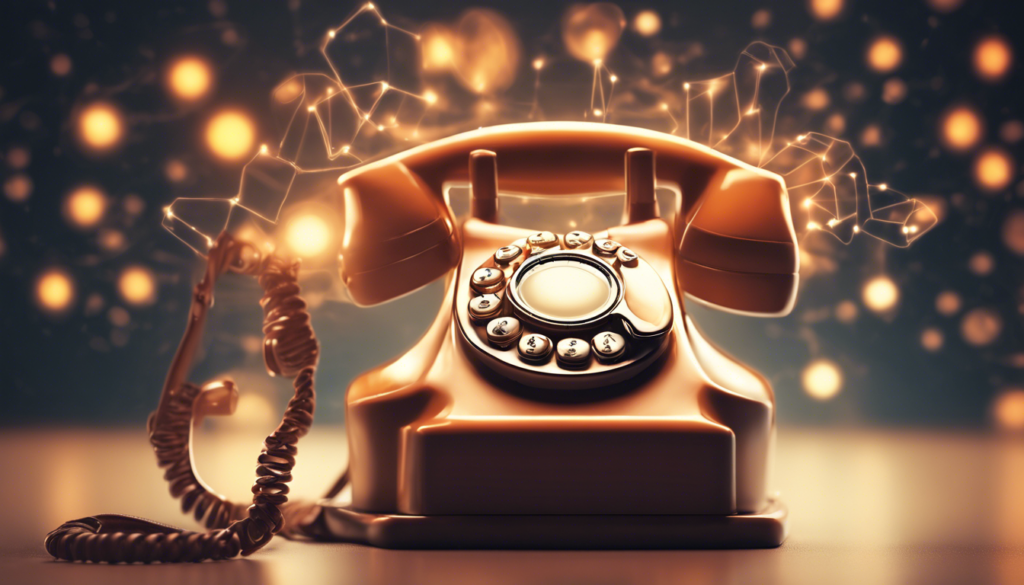From Pleasant Surprises to Missed Calls: The Decline of Phone Call Affection in Modern Communication

As technology continues to reshape our communication landscape, the once cherished experience of receiving a phone call has transformed into a source of anxiety and reluctance.
In days gone by, answering a call from a friend or family member brought with it a sense of anticipation and joy, often considered a delightful surprise.
However, the rise of text messaging, social media, and instant notifications has dramatically altered our emotional connection to voice calls.
This article delves into the nostalgia of phone calls, contrasting past communication habits with today’s prevalent hesitance to engage in this form of interaction.
We will also explore the profound impact technology has had on our relationship with phone calls, leading to a cultural shift away from direct, heartfelt conversations and highlighting why, in a world filled with convenience, the affection towards phone calls seems to be fading.
Key Takeaways
- Phone calls were once cherished as delightful surprises from loved ones.
- Technological advancements have shifted our communication preferences away from phone calls.
- The decline in phone call affection reflects broader cultural changes in how we connect with others.
The Nostalgia of Phone Calls: A Look Back at Communication Habits
In the past, receiving a phone call was often viewed as a delightful surprise—a cherished moment of connection with friends and family.
However, that sentiment has dramatically shifted in recent years.
Today, many individuals exhibit a reluctance to answer phone calls, often opting to let them go to voicemail or returning the call later if deemed necessary.
Several factors contribute to this cultural change in communication preferences; the pervasive nature of text messages, the rise of social media notifications, and the overwhelming number of unsolicited calls all play a role.
As a result, the joy once associated with phone calls has largely diminished, leading to a landscape where direct voice communication feels less intimate and more intrusive.
Understanding this evolving dynamic is crucial as we navigate an era dominated by quick, often impersonal methods of engagement.
The Impact of Technology on Our Relationship with Phone Calls
As people increasingly prefer text-based communication, the implications for businesses, including law firms, are significant.
With clients less inclined to answer phone calls, firms must adapt their communication strategies to meet evolving expectations.
Automated communication tools, such as AI-driven chatbots and messaging platforms, can fill the void left by traditional phone calls.
These tools facilitate immediate client engagement, ensuring that inquiries are met with timely responses without overburdening administrative staff.
Moreover, implementing systems like Cogni’s Voice AI can streamline interactions, allowing clients to receive prompt assistance and personalized support.
This shift not only boosts client satisfaction but also enables firms to maintain high levels of service even amidst increased demand.


